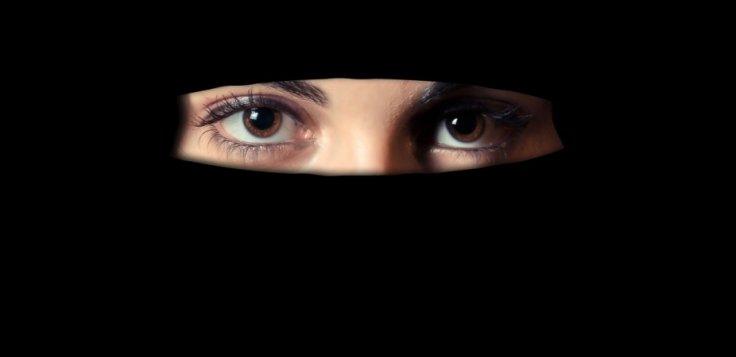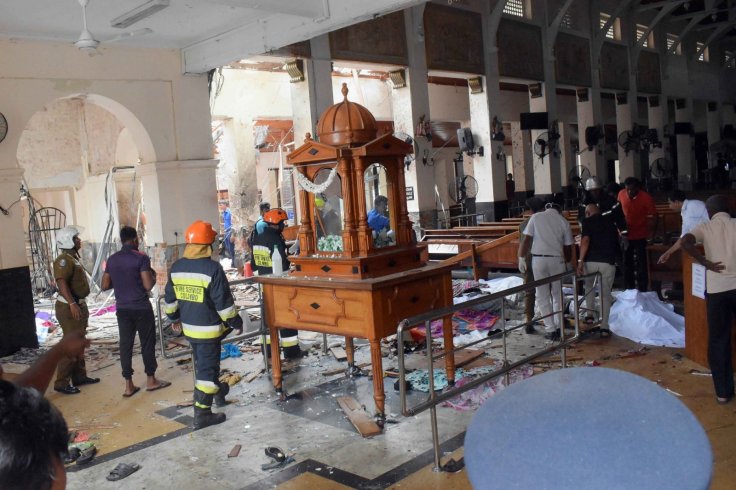Sri Lanka's cabinet will soon decide if burqas will be banned in the country. The island public security minister Retired Rear Admiral Sarath Weerasekara has said he has sent the proposal to the cabinet he Cabinet paper recommending a total ban Muslim women from wearing the long garment that covers the whole body from head to feet.
Though the country's two million Muslims view the move as a discriminatory move, minister Weerasekara says burqa is a national security threat. "Burqa is new to Sri Lanka. Earlier, no Muslim women used to wear burqa. Sri Lanka has had a peaceful coexistence with all religions for long. These days, some women wear burqa. It poses a grave threat to national security", Weerasekara said.
Concerns Over Rising Radicalization
Sri Lanka has taken an uncharacteristically harsh view of the country's minority Muslims after the Easter Sunday bombings of Christian churches in April 2019, which killed 267 people.

Sinhala Buddhist majority government, led by the president Gotabaya Rajapaksa came to power in the election held after the attacks, riding a wave of anti-Muslim sentiment.
The Sri Lankan government has also mooted the the shutting down of more than 1,000 Madrassas across the Island, which were mostly funded by the oil-rich Arab countries. Sri Lanka, which was pitchforked into the global Islamic terror theatre with the Easter bombings, believe that the mushrooming of madarasa plays a part in the radicalization of Muslim youths.
Around 9 percent of Sri Lanka's population are Muslims, while 12 percent are Hindus and 7 percent are Christians. The rest are Sinhalese Buddhists.
Widespread Reprisals
Following the Easter Sunday bombings, Muslims had faced widespread reprisals across the country. BBC had reported that Muslim women wearing burqa and niqab were targeted in some instances, while some Muslim groups said women wearing head scarves were also trgeted.

The breakout of the coronavirus epidemic also brought to the sharp focus the religious divide in Sri Lanka. The government insisted that those who die of coronavirus will be cremated, irrespective of their religion. However Muslim groups objected, saying they were targeted and alienated. To make matters worse, some Muslims stayed away from receiving the dead bodies of their kin and even refused to pay the charges for cremation, leading to a pile-up of dead bodies in morgues.
'Separate Islamic Confederation'
The Islamic State of Syria and Iraq (Isis) had claimed responsibility for the Easter attack. Images of the suicide bombers were circulated by ISIS-affiliated Telegram accents had surfaced after the attack. The Isis said the terror attacks in Sri Lanka were in response to the mosque shooting in New Zealand.
The Indian intelligence had unearthed close links of the Sri Lankan terror operatives with those in the broader region. India's National Security Agency (NIA) said Sri Lankan outfit National Towheed Jama'at members had links to India-based militant cells and were inspired by the Isis exhortation to create a "separate Islamic confederation" in the region.









